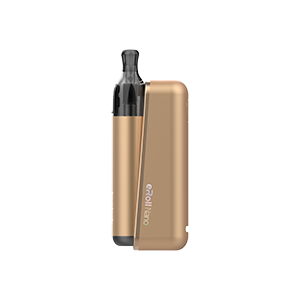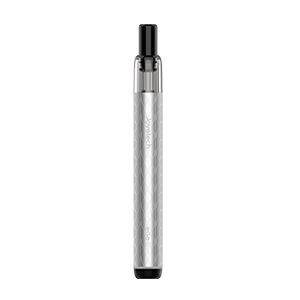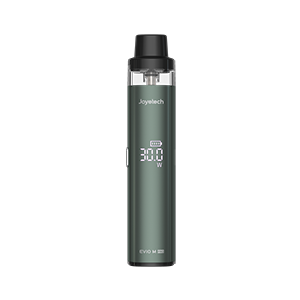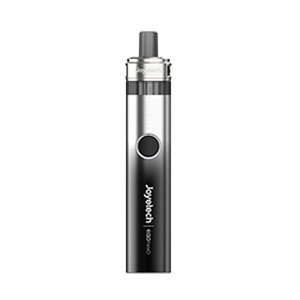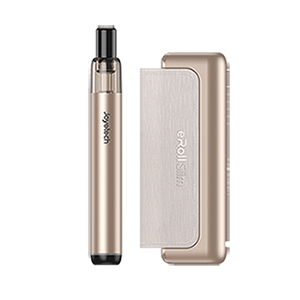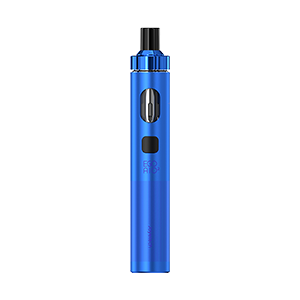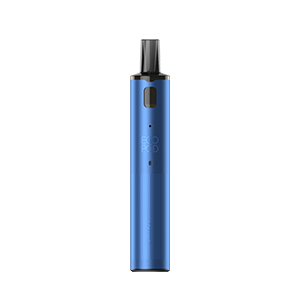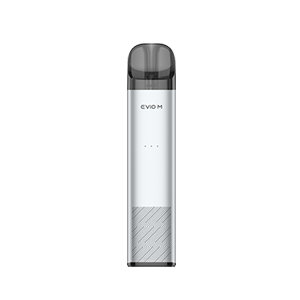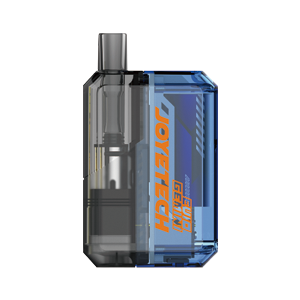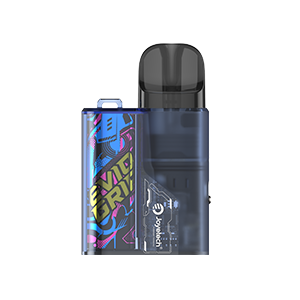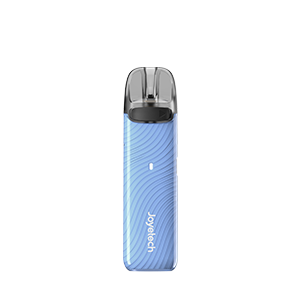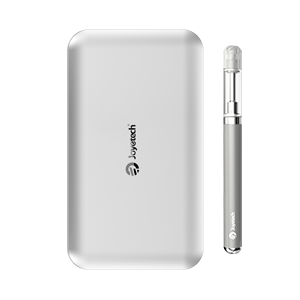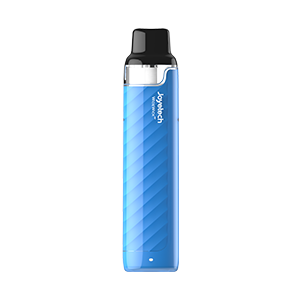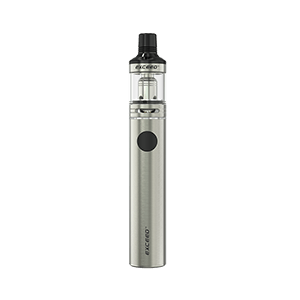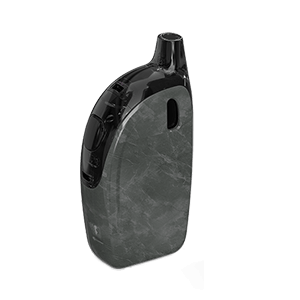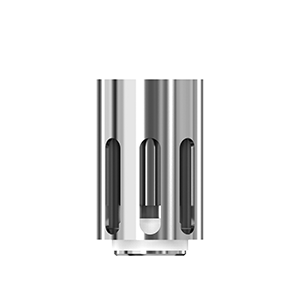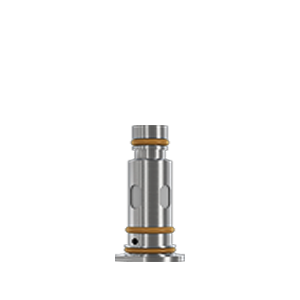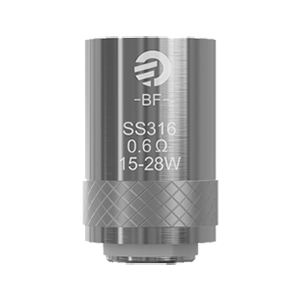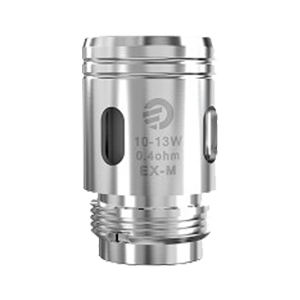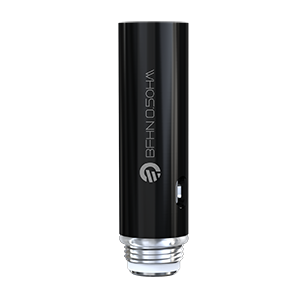A federal judge on Thursday ordered the Food and Drug Administration to stop blocking the importation of electronic cigarettes from China and indicated that the devices should be regulated as tobacco products rather than drug or medical devices.
Judge Richard J. Leon of
Federal District Court
in Washington issued a preliminary injunction in a lawsuit brought by two distributors of the so-called e-cigarettes, which are battery-powered tubes that heat liquid nicotine into an inhalable vapor and are meant to simulate the taste of tobacco.
The distributors say the vapor contains virtually none of the cancer-causing chemicals of traditional cigarettes, but the F.D.A. says it has not been proved safe.
“This case appears to be yet another example of F.D.A.’s aggressive efforts to regulate recreational tobacco products as drugs or devices,” Judge Leon wrote.
With the passage of landmark tobacco legislation last year, he added, the Food and Drug Administration’s new tobacco division will be able to regulate the contents and marketing claims of e-cigarettes in the same way it is about to begin regulating traditional tobacco products. But the agency’s drug division cannot ban the devices, the judge ruled.
The Food and Drug Administration issued a brief statement: “The public health issues surrounding electronic cigarettes are of serious concern to the F.D.A. The agency is reviewing Judge Leon’s opinion and will decide the appropriate action to take.”
Ray Story, vice president of Smoking Everywhere, a Florida company that filed the suit, said the ruling was a victory for smokers who want a safer cigarette.
“The public will have a much less harmful alternative to tobacco products,” Mr. Story said. “Wherever they’re sold, we are going to be sold.”
Jack Leadbeater, chief executive of Sottera, an Arizona company that joined the suit, said border authorities would have to stop blocking and seizing imports and would have to release thousands of impounded e-cigarettes and millions of nicotine cartridges.
Mr. Leadbeater, chairman of the Electronic Cigarette Association, estimated that the products were a $100 million business nationwide.
Matthew L. Myers, president of the antismoking advocacy group Campaign for Tobacco-Free Kids, said the ruling opened a gaping loophole in the legislation his organization and other health groups had promoted to give the Food and Drug Administration authority to regulate tobacco products.
The law, signed by President Obama last June, was intended for traditional tobacco products, not electronic ones where nicotine levels and flavors could be easily adjusted, Mr. Myers said.
He said e-cigarettes posed several potential serious risks to public health, including lack of controls on potency, a means to discourage current smokers from quitting by providing an alternative in smoke-free spaces and the possibility “these products could serve as a pathway to nicotine addiction for children.”
Judge Leon argued that the devices should be regulated in the same way as cigarettes. The judge also agreed with the distributors that e-cigarettes were not marketed as medical devices to help smokers quit, as the Food and Drug Administration had argued, but rather as safer substitutes to give users “the nicotine hit that smokers crave.”
The plastic tubes, shaped like cigarettes, have a heating element to vaporize a refillable liquid nicotine mixture. They have electronics to monitor air flow so that when a user inhales, the device delivers a vapor with a taste and feel that the distributors say simulates cigarette smoke.
Traditional cigarette makers have not been involved in the fledgling industry.
 New Zealand government has launched a new website for e-cigarette information
New Zealand government has launched a new website for e-cigarette information
 FDA finalizes guidance for premarket tobacco product applications for electronic nicotine delivery systems as part of commitment to continuing a strong oversight of e-cigarettes
FDA finalizes guidance for premarket tobacco product applications for electronic nicotine delivery systems as part of commitment to continuing a strong oversight of e-cigarettes
 E-cigarettes to be legal in Seychelles, a move welcomed by smokers, business
E-cigarettes to be legal in Seychelles, a move welcomed by smokers, business
 E-cigarettes to be legal in the UAE from April
E-cigarettes to be legal in the UAE from April




